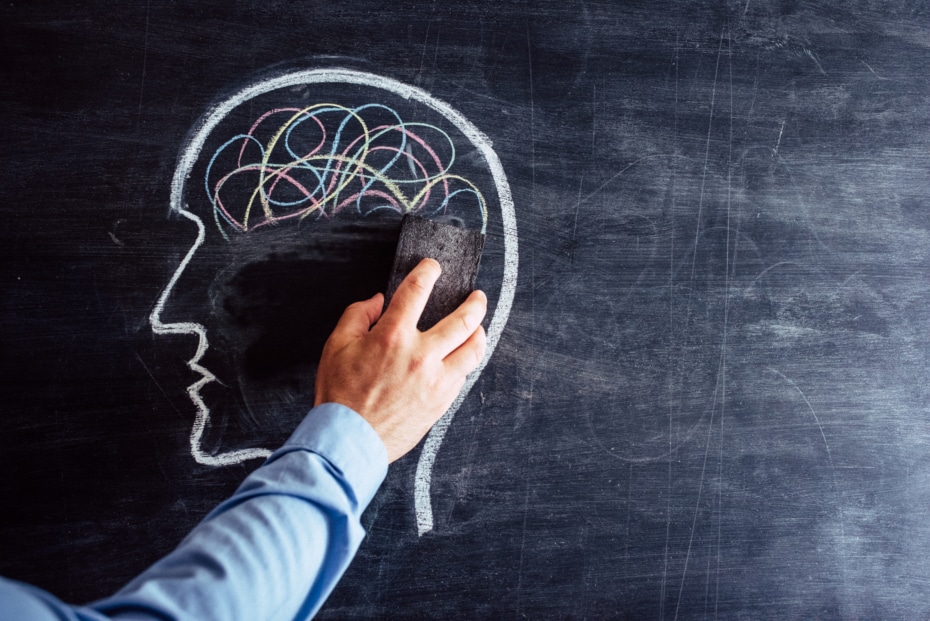Call Us At 519.672.5666
Insights & Articles
The Invisible Injury – Information and Resources for Acquired Brain Injury Survivors

June is Brain Injury Awareness Month in Canada and it is a good occasion to build awareness of these injuries and the impairments that survivors face. According to the Ontario Brain Injury Association, there are almost half a million people living with an Acquired Brain Injury (ABI) in Ontario today. Unfortunately due to the invisible nature of the symptoms there is a stigma that continues to be associated with these impairments. As a personal injury lawyer, I see many clients who struggle with the ongoing and lingering effects that come with an ABI.
What is an Acquired Brain Injury
An Acquired Brain Injury is damage to the brain that occurs after birth from a traumatic or non-traumatic event. Traumatic ABIs occur from damage to the brain caused by a traumatic event such as a blow to the head, a fall, a sports related injury or a motor vehicle accident. These traumatic events happen unexpectedly and can affect anybody, including young and otherwise healthy people. ABIs can range from mild to severe; some people are able to quickly return to their regular activities while others can have permanent effects.
ABIs are often referred to as “invisible injuries” because many symptoms are cognitive, emotional or behavioural, and cannot be seen from outward appearance. Because the symptoms are subtle and not outwardly visible, it can be difficult to diagnose and treat ABIs. People who suffer an ABI often face stigma from those who do not understand the invisible nature of these injuries and feel that the injured person is exaggerating or not working hard enough to overcome their injuries.
ABIs manifest in different ways for different people. Since the brain is the control centre of the body, a brain injury can have widespread effects, including memory and attention loss, difficulty communicating, poor vision, and emotional and temperamental changes. Many people who suffer an ABI lose interest in activities they once enjoyed and can feel a disconnect with friends and loved ones.
Resources Available
Due to the unique nature of Acquired Brain Injuries, it is important to have treatment and support that is suited to the individual. As many ABI symptoms are invisible and can linger, ABI survivors often feel overwhelmed and frustrated by their perceived lack of progress and inability to overcome their symptoms. ABI survivors may also feel isolated and have difficulty making time for social interaction with friends and loved ones. It can be quite beneficial to attend group support therapy with other ABI survivors who have a similar understanding of the challenges faced by those with ABIs.
There are a number of organizations in London and Southwestern Ontario that provide support to individuals suffering from ABIs. I was on the board of the Brian Injury Association of Wellington-Waterloo, the fundraising committee of the London Brain Injury Association, and attend numerous brain injury conferences every year. Through this work, I’ve gained valuable insights on ABIs and how to best support and advocate for people who have suffered ABIs.
Advocating for Your Legal Rights
Cases involving traumatic Acquired Brain Injuries require an experienced team that consists of both medical and legal professionals to ensure the injured person receives the treatment they need. Please contact a personal injury lawyer today for a free initial consultation by email or by phone at (519) 672-5666. In many cases, your legal fees are deferred until a settlement is reached. We welcome referrals from other lawyers.
This article was written by Personal Injury Lawyer Louis DelSignore.

